Section: International
There are more than 200 results, only the first 200 are displayed here.
-
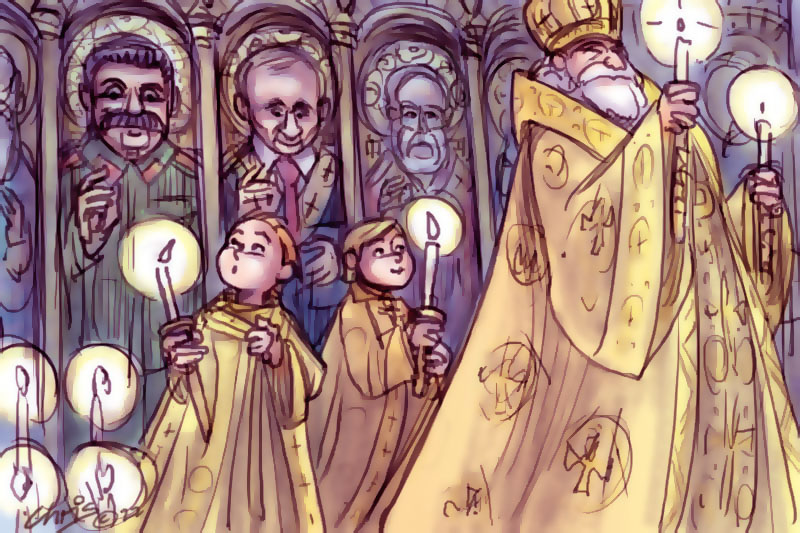
INTERNATIONAL
- Stephen Minas
- 23 May 2022
3 Comments
‘We removed him from the mausoleum’, wrote the Soviet poet Yevgeny Yevtushenko. ‘But how do we remove Stalin from Stalin’s heirs?’ The poem was published in 1962 but it’s still a good question. Today one of Stalin’s heirs commands a barbaric war against Ukraine with the enthusiastic cheerleading of another such heir – the leader of the Moscow Patriarchate reestablished by Stalin.
READ MORE 
-

INTERNATIONAL
- Andrew Hamilton, David Halliday, Michele Frankeni, Stewart Braun
- 19 May 2022
5 Comments
We are now three months into the Ukraine war. From an invasion it has turned into a war of attrition that has cost many lives, displaced civilians, destroyed cities, and led to sanctions and the making of alliances with effects that have spread suffering far beyond Ukraine. In this Roundtable, Andrew Hamilton SJ, David Halliday, Michele Frankeni and Dr Stewart Braun explore the ethics of the war and likely paths to peace.
READ MORE 
-
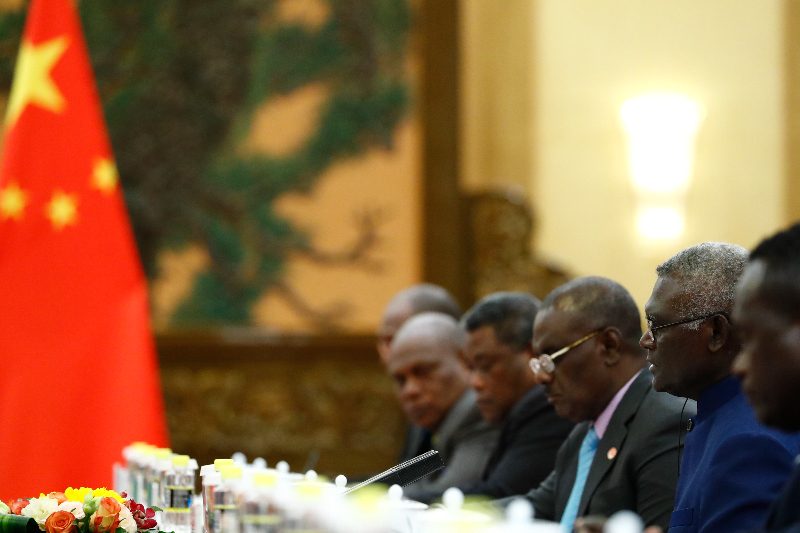
INTERNATIONAL
- Binoy Kampmark
- 10 May 2022
8 Comments
On May 3, the Prime Minister of the Solomon Islands, Manasseh Sogavare, vented his fury in parliament at ‘the continual demonstration of lack of trust by the concerned parties, and tacit warning of military intervention in Solomon Islands if their national interest is undermined in Solomon Islands.’ The targets of the speech — Australia and the United States — were clear enough.
READ MORE 
-

INTERNATIONAL
- Gillian Bouras
- 21 April 2022
9 Comments
The lives of migrants often consist of divisions and collisions at the border between the old life and the new. But sometimes both lives come together in unexpected ways, and one such conjunction is about to happen to me. On Anzac Day my granddaughter will join the great flow of Orthodoxy, but I hope one day she will know about her little trickle of Australian blood.
READ MORE 
-

INTERNATIONAL
- David James
- 19 April 2022
2 Comments
Elon Musk’s proposed hostile takeover of Twitter will be a fascinating battle that will have consequences far beyond the stock market. It is exposing just how financially strange social media and conventional media have become.
READ MORE 
-
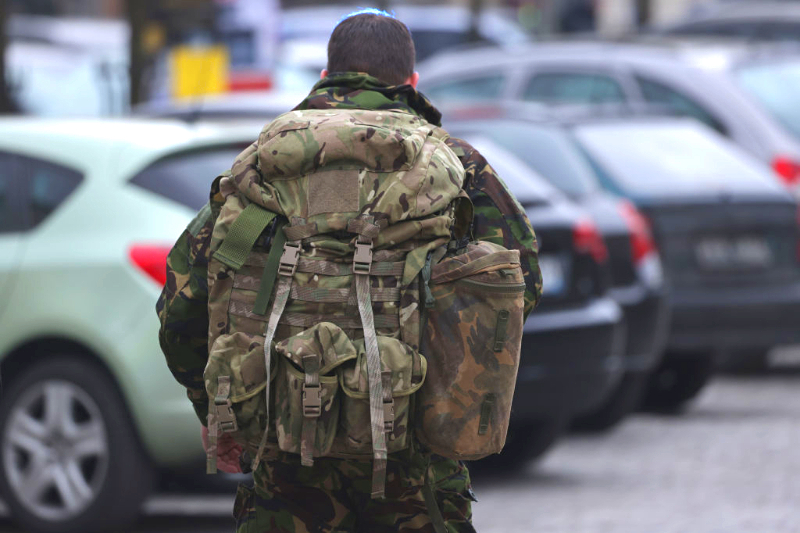
INTERNATIONAL
- Irfan Yusuf
- 12 April 2022
15 Comments
In a space of 40 years, Russia has been our enemy, then our friend and now is an enemy again. Russia is again attacking Ukraine. We are convinced the Ukrainian cause is just. But we also know that we face a domestic far-Right terrorism threat at home. What if young impressionable foreign fighters with little knowledge of Ukrainian history, politics and internal conflicts find themselves fighting with and influenced by anti-Semitic and Islamophobic neo-Nazi groups?
READ MORE 
-
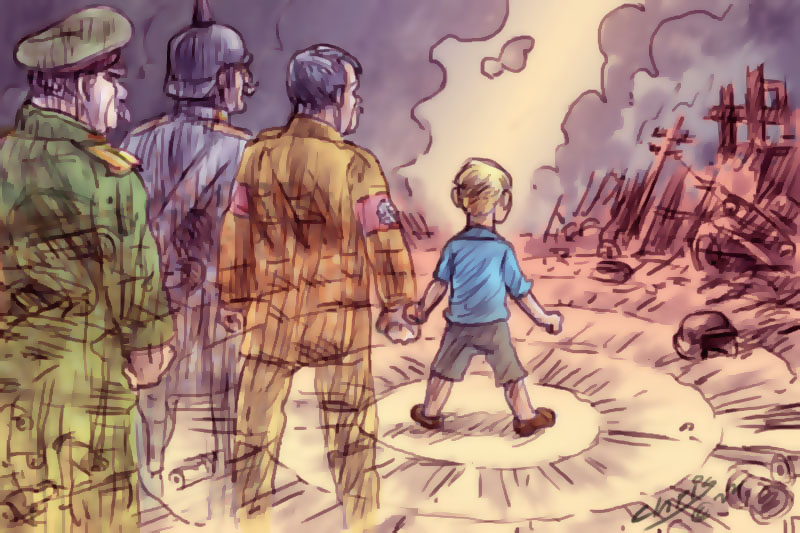
INTERNATIONAL
- Gillian Bouras
- 31 March 2022
19 Comments
People who understand more about international affairs than I do tell me that the Ukrainian/Russian matter is complex, but to me the matter seems simple enough, involving the obsessions of a powerful man, and the suffering of an innocent population. As usual, it is the women and the children who are bearing the brunt of the conflict, while President Putin remains supremely indifferent to their fate. And, as so often, I wonder what makes him tick.
READ MORE 
-
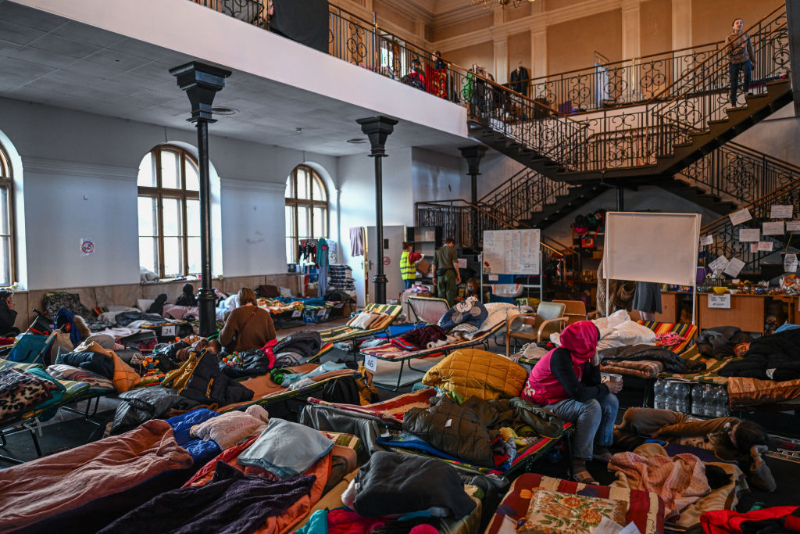
INTERNATIONAL
- David Treanor
- 28 March 2022
5 Comments
As this conflict unfolds, many governments commit necessary life-saving support for vulnerable people. However, these measures may not reach all citizens and groups, at least equitably. These include frail aged persons, children traveling without parents and those who live an intellectual and developmental disability (IDD).
READ MORE 
-
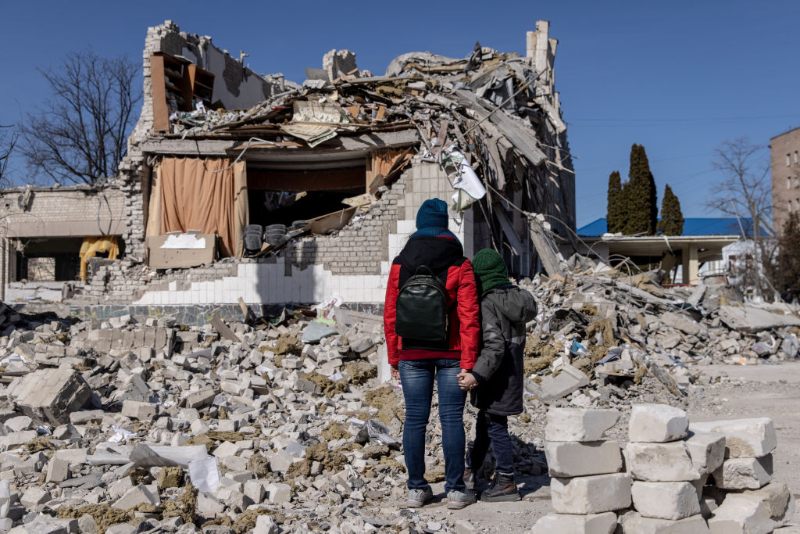
INTERNATIONAL
- Dorothy Horsfield
- 22 March 2022
8 Comments
Moscow-based Director of the Russian International Affairs Council (RIAC)Dr Andrei Kortunov warned of its tragic consequences for Russia in an article published four days before the launch of his country’s invasion of Ukraine. The de facto partition of Ukraine, he said, as a result of the Kremlin’s recognition of the independence of the People’s Republics of Donetsk and Luhansk, will signify ‘the final formalisation of the division of Europe’ from which there may be no easy retreat.
READ MORE 
-

INTERNATIONAL
- Andrew Hamilton
- 17 March 2022
12 Comments
Taken together the events of recent years suggest that we face a crisis, a time in which the working assumptions that have guided our personal and collective lives no longer hold. If we do not change we face increasing threats to the world that we shall hand on to our children.
READ MORE 
-
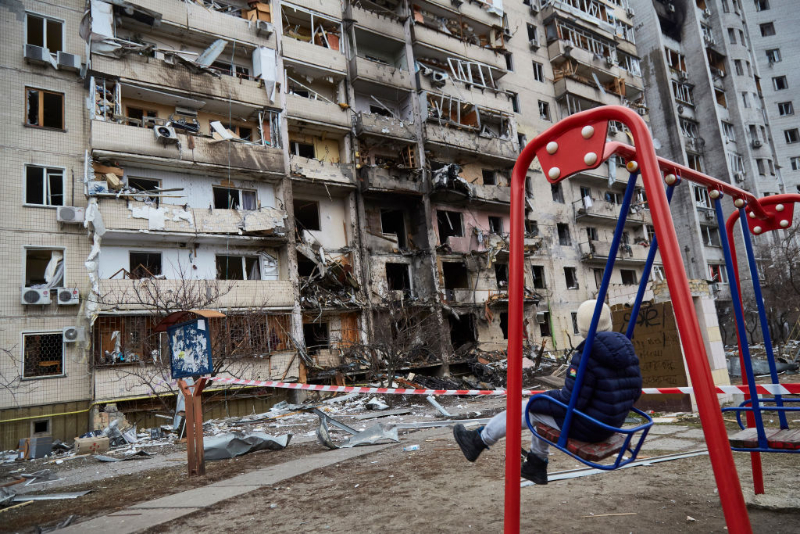
INTERNATIONAL
- Andrew Hamilton
- 08 March 2022
19 Comments
In the face of the horrors of invasion it is natural to be fascinated by the destructiveness of war and to immerse ourselves in military and political strategies. It is also natural to feel helpless and angry at the destruction of human lives, of cities and freedoms, and from a distance to barrack for one side and against the other. We attribute blame and praise, weigh causes and justifications, and divide the world into friends and enemies.
READ MORE 
-
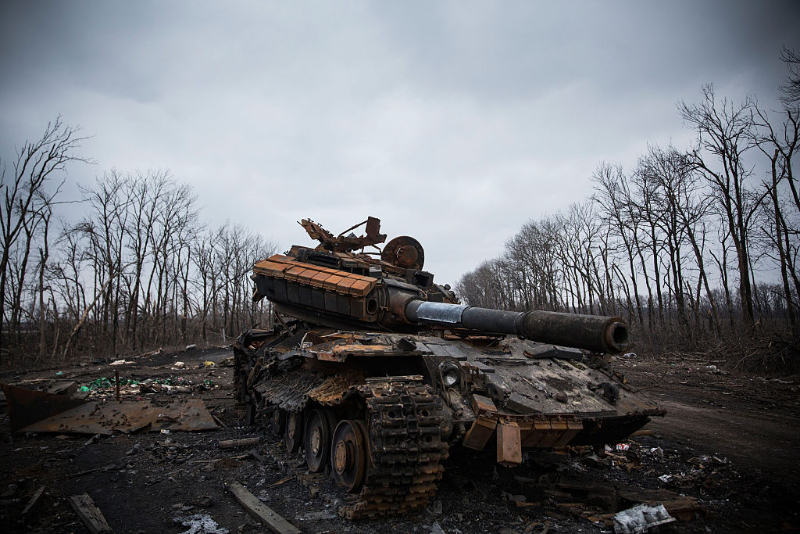
INTERNATIONAL
- Justin Glyn
- 07 March 2022
26 Comments
Ukraine, a site of conflict over many centuries, is once again the scene of battle. First thoughts must be with the civilian population and Pope Francis’ call for prayer is probably the most practical course for most of us far from the action. Unfortunately, while it is clear that there have been casualties, both military and civilian, on both sides, the fog of war makes it very difficult to say more.
READ MORE 